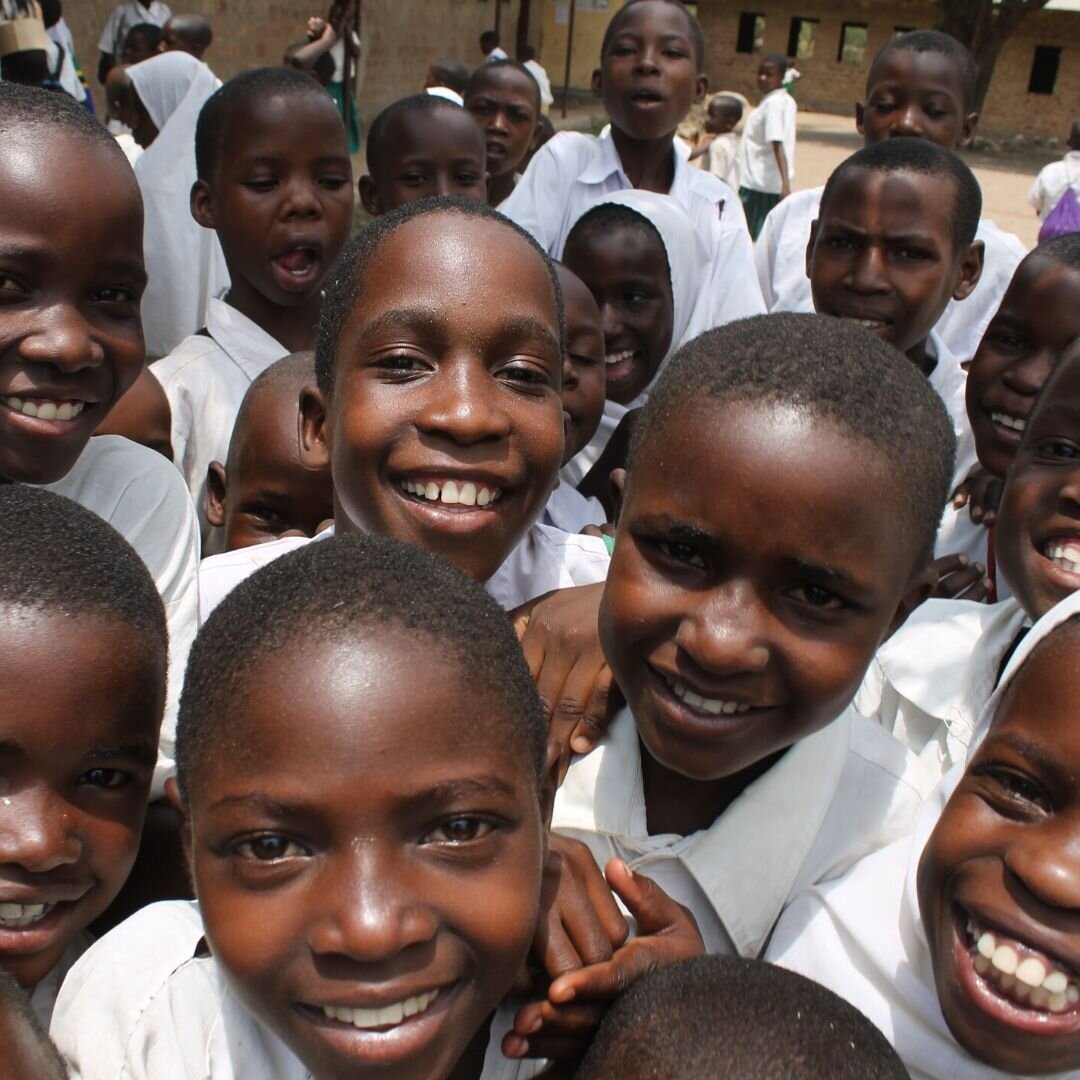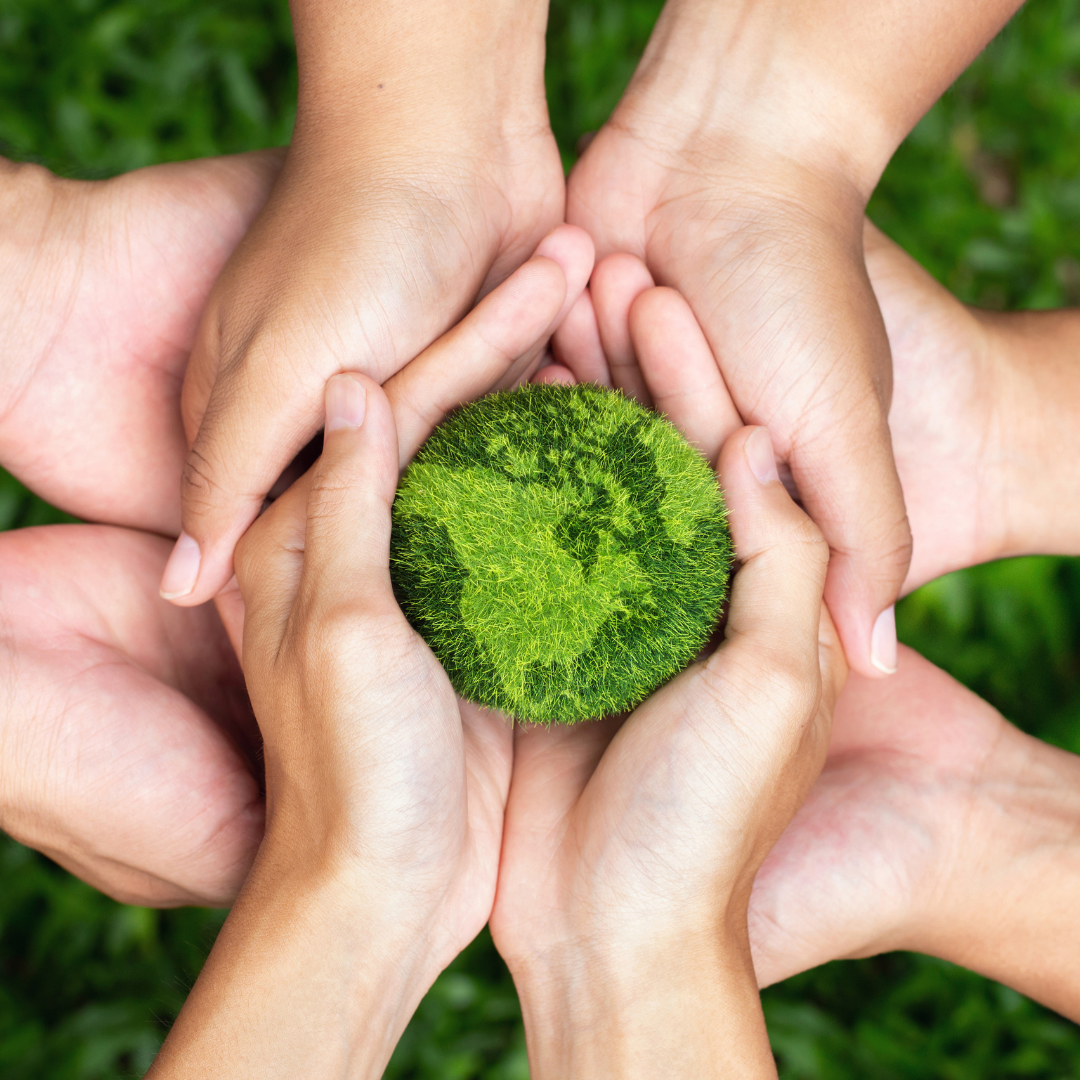Below article was issued by Sengerema City Council - the local City Council our work falls under.
The original is in Swahili of course, so I have translated and provided necessary context where needed.
FINANCE COMMITTEE OF SENGEREMA PRAISES CEDAR TANZANIA FOR PROTECTING KAMANGA HEALTH CENTRE
The Finance, Administration, and Planning Committee of Sengerema District Council has commended Cedar Tanzania, an locally registered NGO, for its support in constructing a flood barrier wall to protect against Lake Victoria, and its ongoing efforts to strengthen Kamanga Health Centre.
The appreciation was expressed today, November 12, 2024, by committee members during a visit to inspect development projects implemented by Sengerema District Council from July to September 2024.
The Chairman of Sengerema District Council, Hon. Yanga Makaga, who is also the councillor of Nyamatongo Ward, thanked the organisation for its consistent support and the construction of the barrier wall. He noted that the wall will help protect the health centre, which has been frequently affected by flooding from Lake Victoria, disrupting services and damaging staff housing.
"The construction of this wall will greatly help to protect this centre from frequent flooding caused by the lake. This is an expensive project, and without your support, the Council would not have been able to build this wall due to the high costs," said the Chairman.
Presenting the progress report on the construction of the barrier wall along the shores of Lake Victoria, the project supervisor from Cedar Tanzania, Musa Victor, stated that the project began in October 2024 and is expected to be completed in January 2025 at a cost of 266 million shillings (AUD $155,000). The project is being executed by SIMR Company from Mwanza City.


























